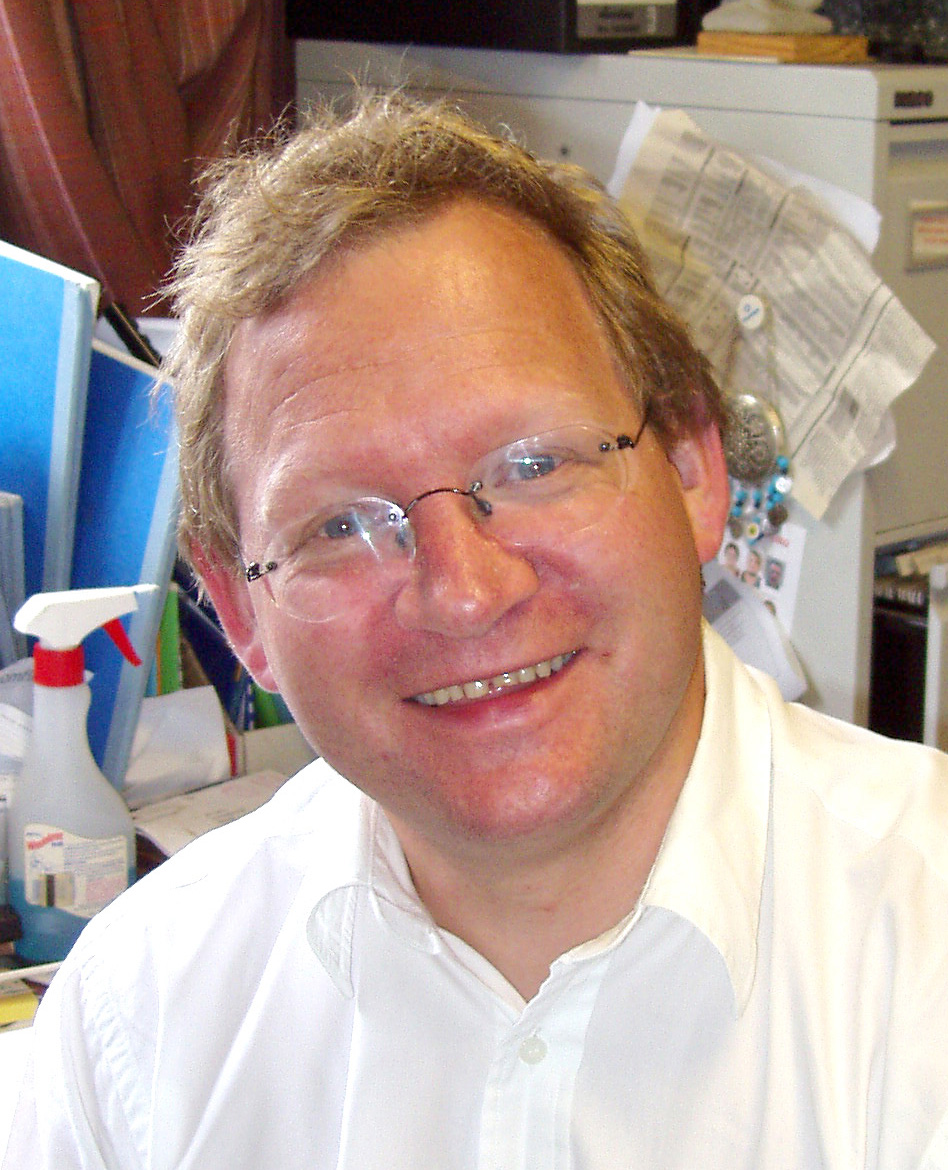Can sewage waste water be used to generate hydrogen fuels?
The challenge
Wastewater treatment at sewage works uses a lot of energy – in total, around 2% of all UK electricity demand. However, the latent energy stored in Northumbrian Water’s works is more than four times the amount required for treatment.
The total energy stored in UK wastewater is equivalent to 5 million oil barrels annually. Capturing that energy is one of the most important challenges for the industry. Innovative energy-neutral technologies must be able to fit into existing infrastructure and be economically competitive for uptake and investment.
The solution
Northumbrian Water, already a leader in generating ‘power from poo’ from its award-winning advanced anaerobic digestion (AAD) plants, has collaborated with Newcastle University to install a pilot Microbial Electrolysis Cell (MEC) pilot at Howdon sewage treatment works - the first working MEC reactor fed on ‘real’ waste water in the world.
MECs are the next generation of microbial fuel cells. In the Newcastle design, each MEC is composed of a number of removable “cassettes” – similar to the frames inside an artificial beehive. Each cassette is made up of carbon felt trapped between metal meshing and connected to a positive and negative electricity supply. As the raw sewage is pumped through the cell, the microbes growing on the carbon felt strip the electrons from the sewage, and transfer these to the anode, producing electricity.
Meanwhile the hydrogen ions that are left migrate to the cathode where they are reunited with the electrons that have been topped up with just enough energy to allow them to turn the hydrogen ions into hydrogen gas. The energy required to “top up” the electrons is less than the energy released, so the system is potentially energy positive.
The pilot successfully functioned to prove the concept, producing over a litre of almost 100% pure hydrogen gas per day for a year in varying temperatures.
Resulting benefits
Most anaerobic digesters require a high-energy, concentrated food source and heat to work properly, which means the water has to be removed first - an energy-expensive process. However, the MEC uses raw, untreated waste water at normal temperatures, and the entire process is fuelled using the energy from bugs.
MECs require a ‘top up’ of energy for hydrogen generation, but hydrogen is worth almost ten times as much as electricity. Maxine Mayhew, Commercial Director for Northumbrian Water, said: “as industry pioneers of generating power from wastewater we now look to our work with Newcastle University to take this energy production to another level and develop production of hydrogen - the clean fuel of the future.”
Future directions
The successful small trial of the MEC reactor has led Northumbrian Water to try to scale up this form of energy production to fully assess its viability. A refined pilot plant is being installed for further trials at another Northumbrian Water wastewater treatment works near Sedgefield, County Durham.
Add Pingback






















